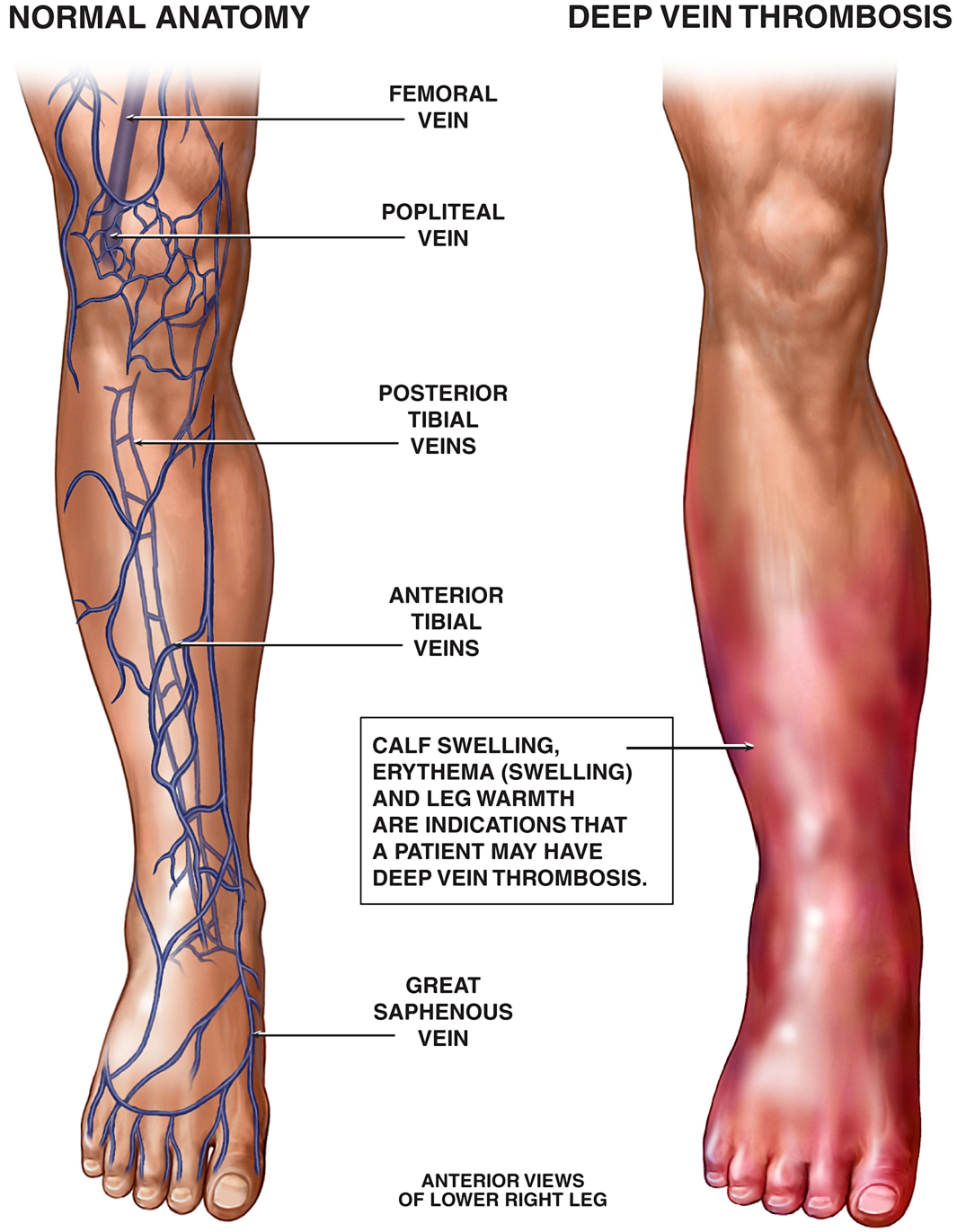A nurse is caring for a client who refuses a prescribed medical procedure. Which of the following actions should the nurse take to act as a client advocate
Evaluate the client’s concerns and communicate them to the provider.
Contact the unit’s social worker to report the client’s refusal.
Ask the client’s partner to find out why the client has refused the procedure.
Explain the necessity of the procedure to the client.
The Correct Answer is A
The correct answer is choice A. Evaluate the client’s concerns and communicate them to the provider.
This is because the nurse’s role as a patient advocate is to speak, act or behave in a way that benefits their patient, who may not be able to support or promote their own needs or interests.
The nurse should provide patients with information regarding their diagnoses, prognoses, treatments, and alternatives, and serve as a patient’s voice when necessary.
Choice B is wrong because contacting the unit’s social worker to report the client’s refusal is not an appropriate action for the nurse to take as a patient advocate.
The nurse should respect the patient’s autonomy and right to refuse treatment, and not involve other professionals without the patient’s consent.
Choice C is wrong because asking the client’s partner to find out why the client has refused the procedure is not an appropriate action for the nurse to take as a patient advocate.
The nurse should communicate directly with the patient and not rely on third parties to obtain information or influence the patient’s decision.
Choice D is wrong because explaining the necessity of the procedure to the client is not an appropriate action for the nurse to take as a patient advocate.
The nurse should not impose their own values or opinions on the patient, but rather provide unbiased and factual information and support the patient’s informed choice.
Nursing Test Bank
Naxlex Comprehensive Predictor Exams
Related Questions
Correct Answer is D
Explanation

Correct Answer is C
Explanation
The correct answer is choice C. “I will assist you in any way I can during this process.” This response shows sensitivity and respect for the client’s family and their cultural or religious beliefs. Postmortem care involves caring for a deceased patient’s body with dignity and in a manner that is consistent with the patient’s and family’s wishes.The nurse should offer to assist the family in performing the postmortem care if they request to do so.
Choice A is wrong because the family does not need to sign a release form to perform the postmortem care themselves.
There is no legal requirement for this.
Choice B is wrong because a licensed health care worker does not have to perform postmortem care.
The family can perform the care themselves if they wish, with or without the assistance of a health care worker.
Choice D is wrong because postmortem care takes place before the client leaves the facility, not after.
Postmortem care should be provided as soon as possible to prevent tissue damage or disfigurement.
Whether you are a student looking to ace your exams or a practicing nurse seeking to enhance your expertise , our nursing education contents will empower you with the confidence and competence to make a difference in the lives of patients and become a respected leader in the healthcare field.
Visit Naxlex, invest in your future and unlock endless possibilities with our unparalleled nursing education contents today
Report Wrong Answer on the Current Question
Do you disagree with the answer? If yes, what is your expected answer? Explain.
Kindly be descriptive with the issue you are facing.
